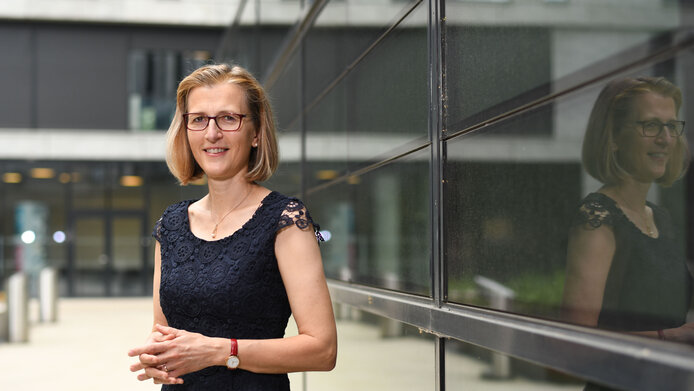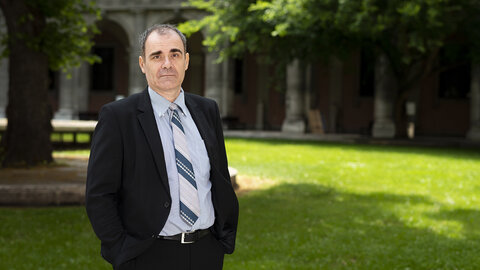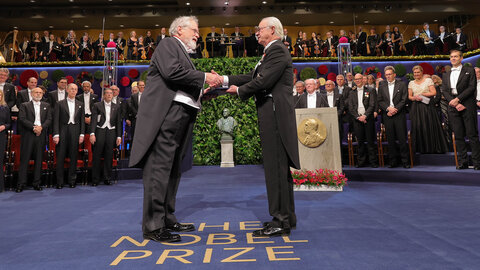In the late 1990s, California’s Silicon Valley was the scene of a technology race. Powerful search algorithms were needed that could sift through the internet's increasingly large and confusing mountain of data to provide users with truly relevant results. In 1998, computer scientist Monika Henzinger was working in a research lab in Palo Alto on the further development of Alta Vista, which was the best-known search engine at the time. In one of her papers at the time, she showed that in automated searches, focusing on the search text alone may not be the best solution. Factoring in the structure of the internet, i.e. the links between content, would increase the accuracy of the results by nearly 50%, she found.
A recent start-up that was just setting up shop in Palo Alto at the time was taking exactly the approach Henzinger described: Google. They were integrating the internet’s hyperlink structures into searches, which clearly yielded better results. However, Alta Vista could not change its technology. Henzinger joined Google’s research department in 1999 to work on search algorithms, and took over as director of the department in 2001. She helped develop the principles of searching the internet that continue to impact the daily lives of hundreds of millions of people today. Her 1998 study at Alta Vista, “Improved Algorithms for Topic Distillation in a Hyperlinked Environment,” was honored with a “Test of Time” award as recently as 2014. This award recognizes work that has had a lasting impact on research in a scientific discipline.



![[Translate to English:] Jennifer Doudna und Emmanuelle Charpentier im Portrait](/fileadmin/_processed_/f/4/csm_Charpentier_Doudna_cAlexanderHeinl_picture_alliance_dpa_31bea8d369.jpg)

![[Translate to English:] Christa Schleper entnimmt eine Sedimentprobe aus der Donau](/fileadmin/_processed_/3/e/csm_Christa_Schleper_cUlrichZinell_ef90da6f10.jpg)
![[Translate to English:] Wolfgang Lutz blättert in einem großen Atlas](/fileadmin/_processed_/c/6/csm_Wolfgang_Lutz_cHerbertNeubauer_picturedesk_f0e494e876.jpg)

![[Translate to English:] Portrait Walter Pohl](/fileadmin/_processed_/1/2/csm_Portrait_WalterPohl_cFWF_LuizaPuiu_c0acb71e9a.jpg)